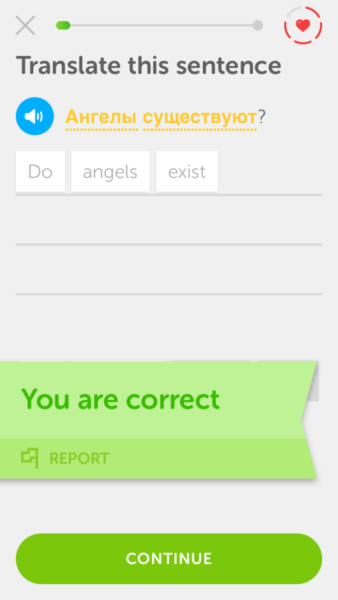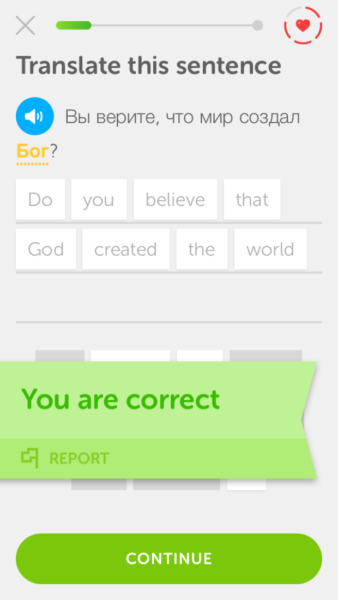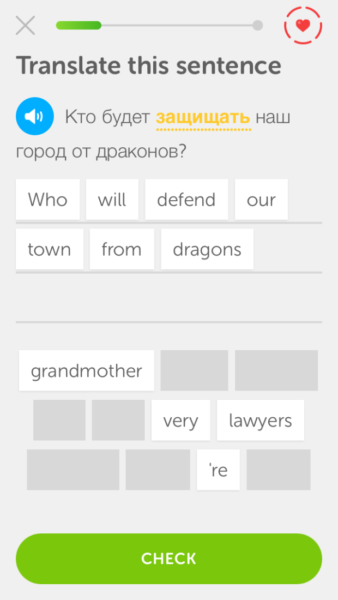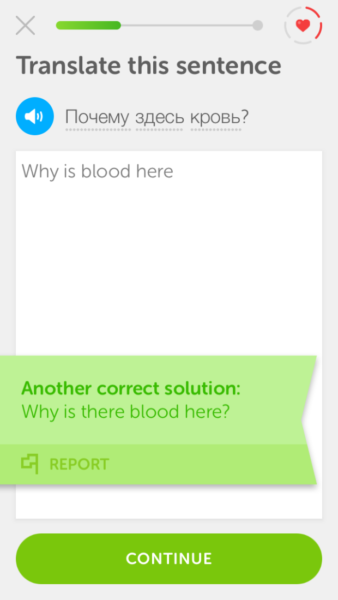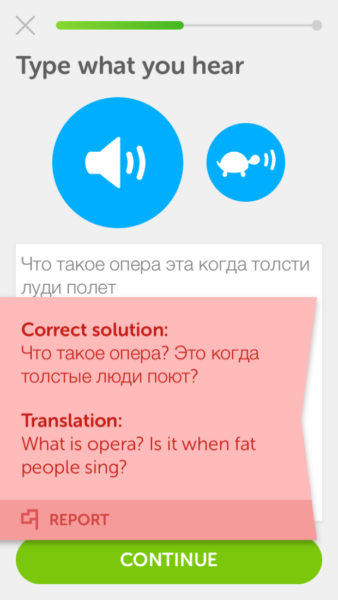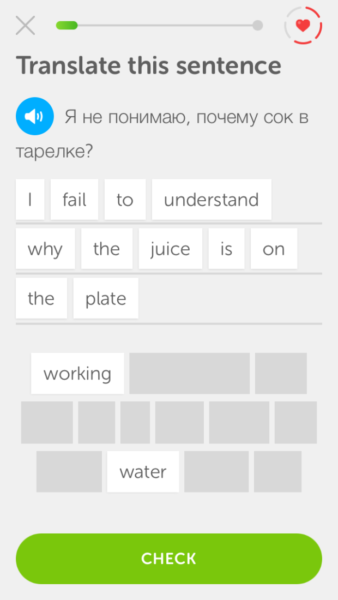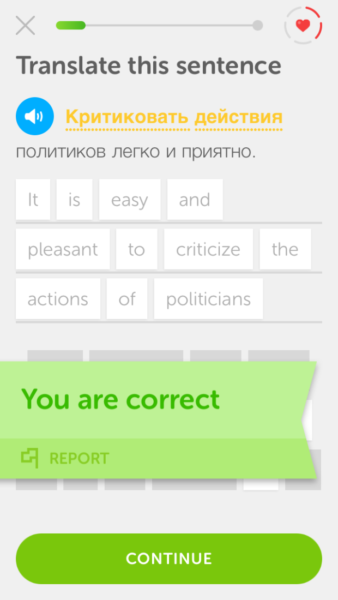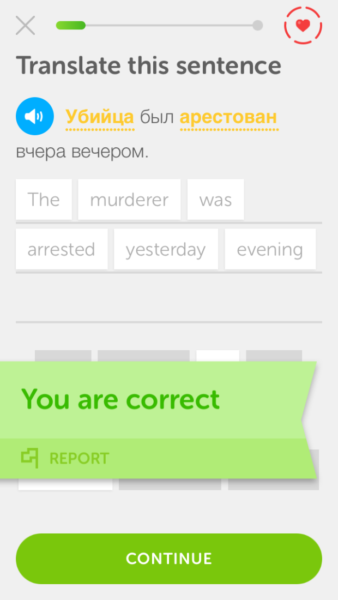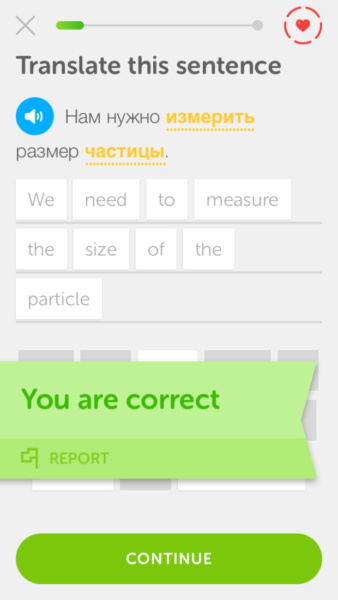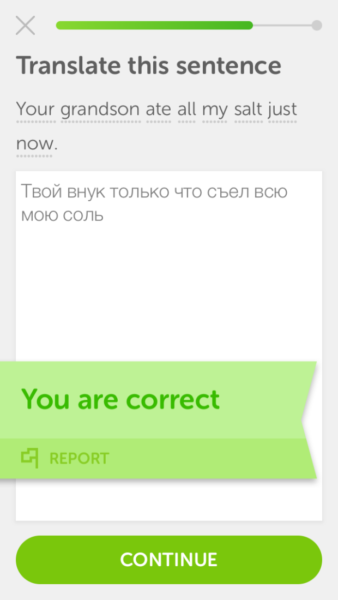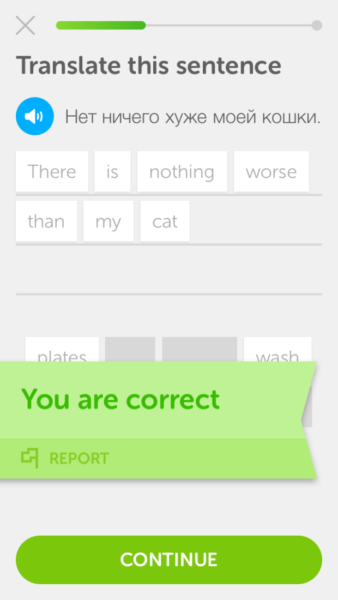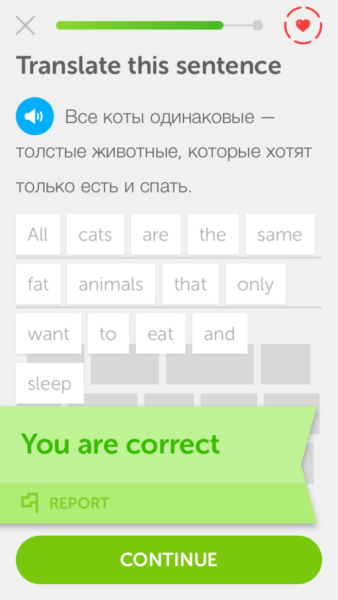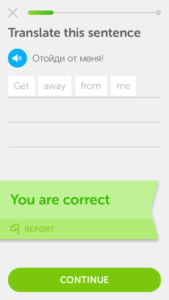Like shark week, but with slightly less blood!
Last weekend I visited my parents, who are moving within the next six months, and was reasonably tasked with going through all of my old papers and possessions, which have been residing in their basement in Cincinnati. I was under the false impression that I’d done a good job of being ruthless (I was kind of a hoarder as a child) in previous sweeps…but it seems that I mostly just pared down the items that were left in my old room, currently the guest room.
The basement was a different story.
Initially my mom thought I had two boxes of papers from preschool through college and three boxes of books (until I was maybe 12, I had zero interest in clothes, and I also had to have braces twice, and middle grade and YA fiction were about $2-4 per book…all of this translates into: every time I had to go to the orthodontist, I also got to go to Algamesis and to the bookstore to buy six books). Actually, I had something like five boxes of papers/memorabilia and six boxes of paperbacks. I didn’t even crack the boxes of books. I was only there for three days!
Even as I asked myself WHY I kept every single issue of our monthly high school newspaper (which I never wrote for), I was sort of glad I did. I can’t claim that, at the time, I was thinking ahead to a future in which digital photos would take up nearly zero physical space, but it certainly worked out well. I found the one article a friend ever wrote for the paper and sent him a photo (“I have zero recollection of ever writing that,” he said). I found a back-and-forth set of editorials (that must have been painful with the paper being issued only monthly) about God, which I’m doubtful their authors would agree with now. I realized how much adolescent innuendo I had missed in every article title (I was kind of on the oblivious spectrum). And then I recycled them, and with everything I recycled in those three days, we had to ask the neighbors if we could start adding to their bins because ours were full.
Other items OF NOTE:
-An army of My Little Ponies large enough that when I texted a picture of it to friends, their responses generally referenced feeling like they were on hallucinogens
-Textual evidence that as a small child–I mean five or six–the ONLY plot line that was good enough for my wide-ruled writing paper was the damsel-in-distress scenario, with a thinly veiled Claire avatar named Kara
(My mom was also horrified/questioned her parenting choices when I requested that the first word in my summer kindergarten “word bank” be “pretty.” (I just wanted to say that my cousin Kate had been a pretty bride, not start scattering flowers at the feet of the patriarchy, geez MOM!))
-The one hundred verses my best friend and I wrote to supplement The Diarrhea Song when we were about eleven (that is, we wrote 99 verses to follow the classic “I was driving in my Chevy” opener)
(I sent her a picture of page one, verses 1-12. Her younger sister texted me that night to thank me for not sending all 100. Someone got a singing telegram phone call while she was attempting her commute, and had to pull over!)




